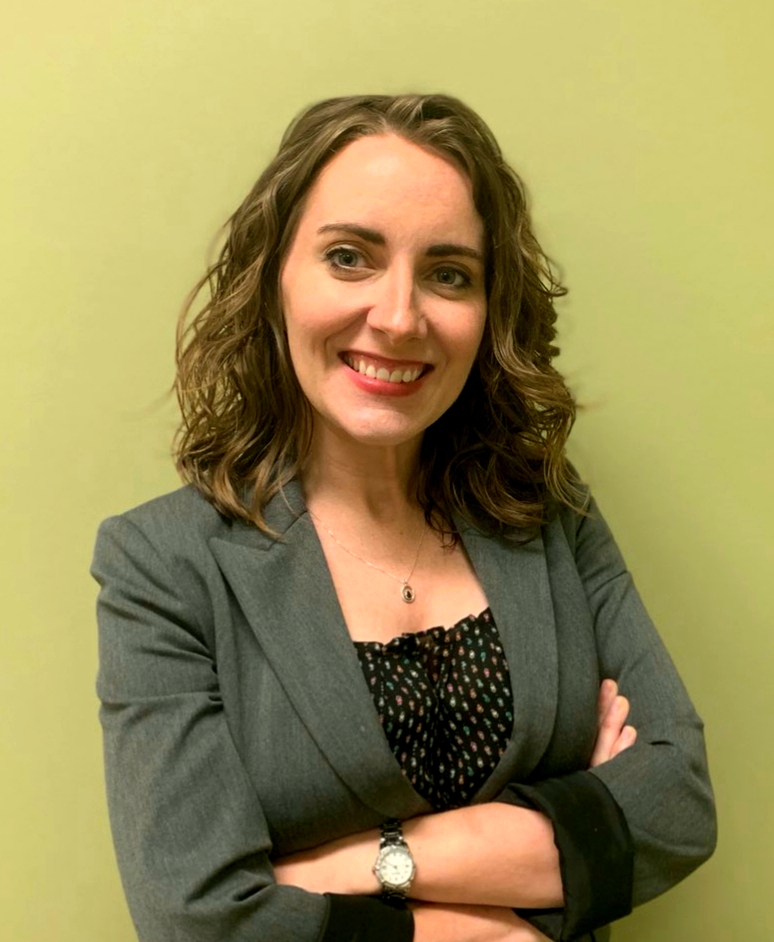Little Rock, Ark. (March 20, 2020) – Arkansas Community Foundation is accepting proposals for $1,000 mini-grants for organizations responding to the immediate needs of vulnerable populations affected by the COVID-19 pandemic. These grants will help organizations maintain their operations and respond to increased demand from clients during this first phase of pandemic relief. Nonprofit organizations with 501c3 status, churches, hospitals, schools or government entities based anywhere in Arkansas are eligible to apply. Priority will be given to organizations that:
- Provide human services and emergency assistance (for example, food,
shelter, transportation, living expenses, rent/utility assistance, etc.) - Primarily serve vulnerable populations, including children who are out of school and families without childcare, people who have lost a source of income due to the pandemic, people who are at high risk medically, people who are homeless or incarcerated and individuals who lack paid sick leave or health insurance.
- Disseminate factual safety and response information to vulnerable communities such as non-English speaking residents, rural residents, senior citizens, etc.
Organizations may use the funding to Support clients’ basic needs - Cover costs associated with decreased staffing or remote-working due to quarantine/social
distancing - Provide mental health programming for clients or staff
- Coordinate/facilitate in-kind donations to sites and organizations that provide human services
and serve vulnerable populations.
This is not an exhaustive list, and other needs will be considered.
Businesses and individuals are not eligible to apply; however, the Community Foundation will consider grants to nonprofit organizations that provide direct financial assistance to individuals.
Visit www.arcf.org/COVID19 to apply online. Mini-grant applications will be accepted and grants will be awarded on a rolling basis until available grant funds are expended. All grants will be awarded in the form of a $1,000 award for general operating support. Organizations may receive only one mini-grant at this time.
Arkansas Community Foundation offers tools to help Arkansans protect, grow and direct their charitable dollars as they learn more about community needs. By making grants and sharing knowledge, the Community Foundation supports charitable programs that work for Arkansas and partners to create new initiatives that address the gaps. Since 1976, the Community Foundation has provided more than $250 million in grants and partnered with thousands of Arkansans to help them improve our neighborhoods, our towns and our entire state. Contributions to the Community Foundation, its funds and any of its 29 affiliates are fully tax
deductible.














